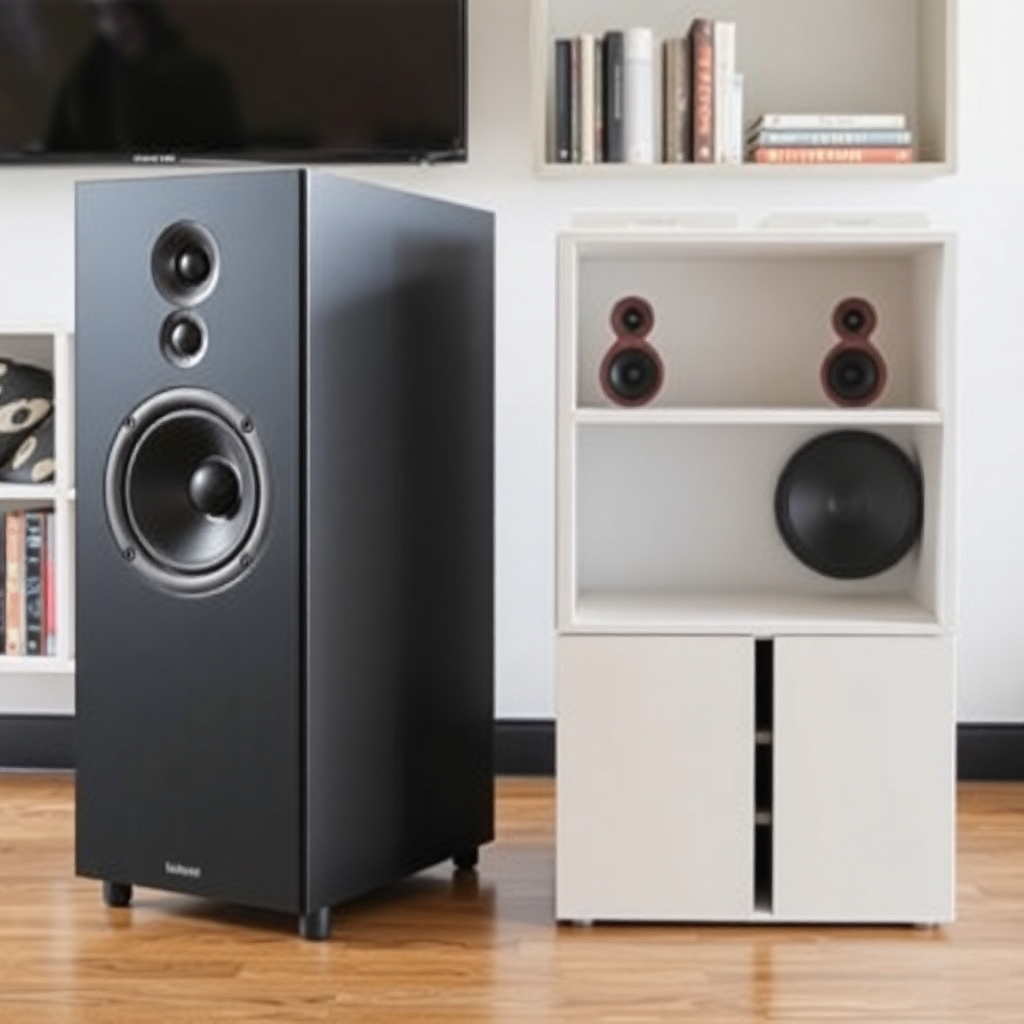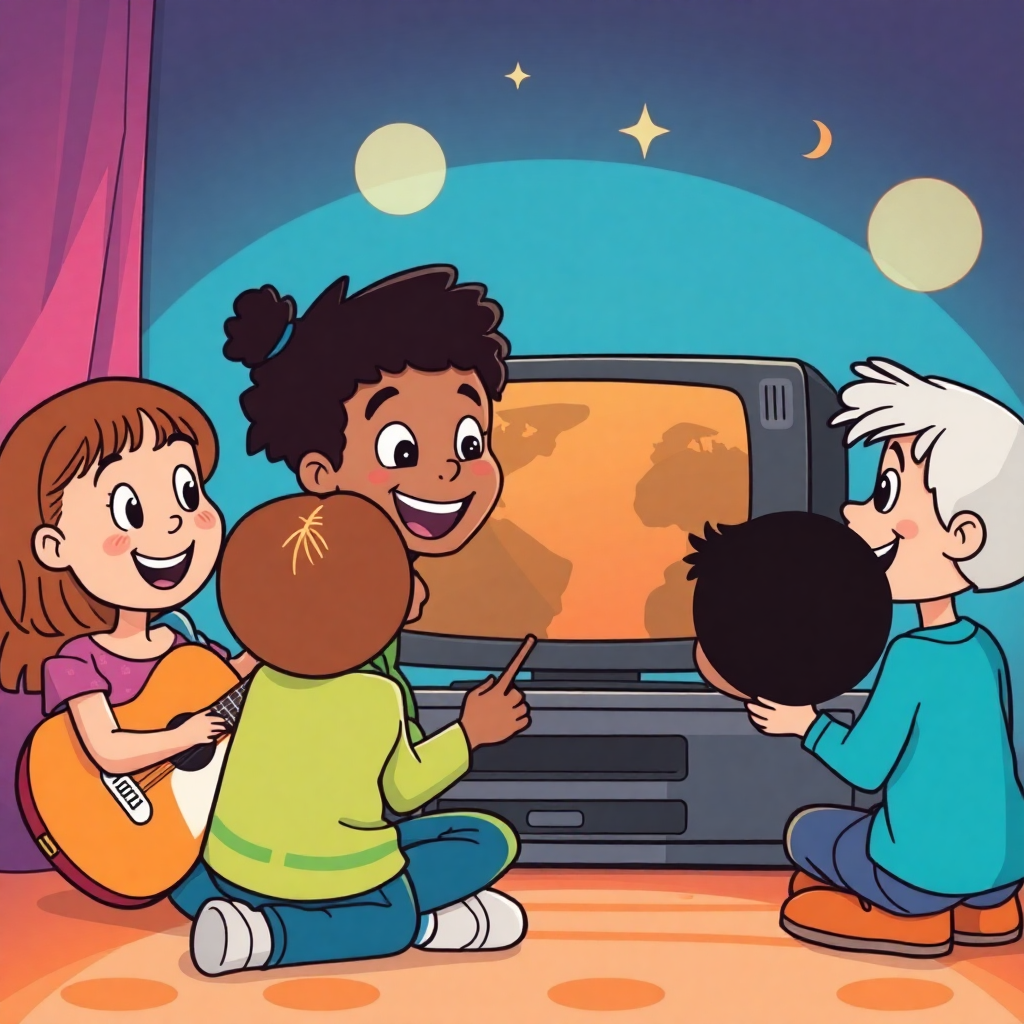The Psychology of False Sounds
Why Inaccurate Audio Irritates Us
Have you ever cringed at a movie explosion that sounded unrealistic or felt frustrated when a door slam in a game didn’t match the visuals? Humans rely on sound to interpret the world, and when audio doesn’t align with expectations, it can trigger discomfort or irritation. False sounds—whether inaccurate reproductions of real noises, distorted speech, or out-of-place effects—confuse the brain, making interactions feel unnatural. But why does this happen? What is it about mismatched or artificial sounds that make them so annoying?

How the Brain Processes Sound Accuracy
The Expectation vs. Reality Conflict
Our brains are wired to recognize patterns, and sound plays a crucial role in sensory perception. When we hear a noise that doesn’t match our real-world expectations—such as an unnatural footstep sound or an oddly mechanical voice—it creates cognitive dissonance, triggering discomfort.
Auditory Processing and Recognition Errors
The brain’s auditory cortex is responsible for interpreting sounds. If an audio cue is inconsistent with what our memory has stored, it can make an experience feel unnatural, causing irritation or even distrust in the source of the sound.
Why Mismatched Sounds Are Distracting
How False Sounds Break Immersion in Media
In movies, video games, and virtual experiences, sound is vital for realism. If the audio doesn’t match movement or the expected environmental effects, it disrupts immersion. For example, a punch that sounds weak despite a visually intense impact makes the scene feel less believable.
The Role of Timing and Echo in Perceived Authenticity
Real-world sounds have expected delays, reverberations, and environmental influences. When artificial sound effects lack depth—such as overly clean footsteps or incorrect reverberation—the brain notices these inconsistencies, making the experience feel hollow or unsettling.

The Psychological Irritation of Distorted Speech and AI Voices
Why Misaligned Lips and Sound Are Annoying
When spoken words don’t match lip movements (as seen in badly dubbed films or audio-sync issues), the brain struggles to reconcile the mismatch, leading to frustration. This is because humans rely on both auditory and visual cues to process speech effectively.
Why Robotic or Glitchy Voices Feel Unnatural
Artificial voices that lack natural intonations or have odd pauses can trigger discomfort. Since speech is deeply connected to emotional expression, even small inconsistencies in tone or rhythm can make voices feel unsettling or hard to understand.
The Role of Evolution in Sound Perception
How Survival Instincts Shape Our Sensory Reactions
Humans evolved to rely on accurate auditory information to detect danger. If a sound feels off—such as a distorted animal call or an unrealistic alert—it can activate a subconscious sense of unease because the brain interprets it as potentially unreliable information.
Why Harsh, Unnatural Noises Cause Physical Discomfort
Certain artificial sounds, like high-pitched electronic beeps or distorted alarms, can be physically uncomfortable. This is because the brain perceives erratic, unnatural frequencies as signals to pay attention, creating stress or tension.
How Background Noise Can Influence Perception
The Role of Environmental Context in Sound Acceptance
The brain naturally filters background noise and adjusts expectations. When an artificial sound doesn’t match the surrounding audio environment—such as an unnaturally clean dialogue clip in a noisy scene—it stands out and disrupts engagement.
Why Jarring Sound Edits Feel Wrong
Abrupt sound transitions or poorly balanced audio levels can make a scene feel unnatural. This is particularly noticeable in movies or games when background sounds cut off too suddenly or when effects feel disconnected from the visuals.
Artificial vs. Organic Soundscapes & Why Natural Audio Feels Better
How Nature Sounds Contribute to Relaxation
Sounds like birds chirping, rustling leaves, and ocean waves follow organic frequency patterns, making them naturally soothing. When artificial noises fail to mimic these organic elements, they can feel irritating or intrusive.
The Comfort of Imperfection in Real Sounds
Real-world sounds contain small inconsistencies—subtle variations in tone, minor echoes, and layered frequencies. When digital recreations attempt perfection by eliminating all inconsistencies, they can lose authenticity and feel unnatural to the listener.
The Psychology of Uncanny Valley in Sound Design
Why Some Artificial Voices Sound Unsettling
The “uncanny valley” effect applies to sound as well as visuals. Voices that are almost—but not quite—realistic often trigger discomfort because the brain detects unnatural elements, making the audio feel eerie or off-putting.
How Slightly Off-Key Music Can Cause Unease
Music with slightly detuned instruments or unexpected frequency shifts can create subconscious discomfort. This technique is often used in horror films to make viewers feel unsettled without realizing why.
Why Poorly Mixed Audio Feels Wrong
Balance Matters How Sound Mixing Shapes Perception
Inconsistent volume levels across dialogue, background noise, and effects can make a scene feel unnatural. If a character’s voice is too loud compared to the environment or sound effects overpower speech, the audience notices the imbalance, reducing immersion.
The Psychological Effect of Overly Processed Sound
Overly compressed or artificially enhanced soundtracks can feel strange, as they strip away natural fluctuations in volume and tone. This can make dialogue sound robotic or music feel flat rather than dynamic.

The Future of Sound Accuracy in Media and Technology
Advancements in Realistic Sound Design
With improvements in audio technology, sound designers are working to make digital soundscapes more natural. AI-driven processing and spatial audio techniques help recreate realistic environments, reducing the problem of false sound perception.
How AI and Machine Learning Will Improve Sound Accuracy
Artificial intelligence is being trained to mimic natural variations in speech and environmental noises, helping create more believable audio experiences in movies, games, and voice assistants.
Conclusion
False sounds irritate us because our brains expect audio to align with reality. Whether in media, speech, or daily environments, mismatched or artificial sounds create cognitive conflict, disrupting immersion and triggering discomfort. Understanding how the brain processes sound accuracy sheds light on why we react negatively to unnatural audio—whether it’s a robotic voice, an unrealistic effect, or a poorly synced conversation.
Join the Conversation!
What false sounds annoy you the most
















Leave a Reply